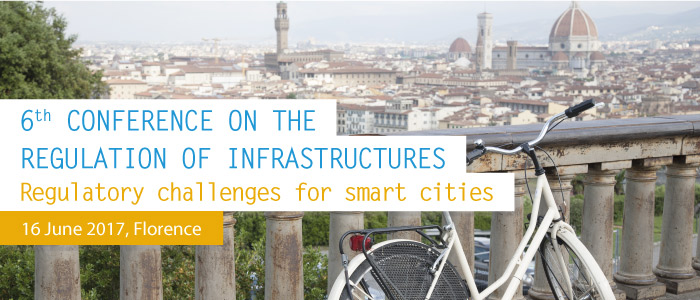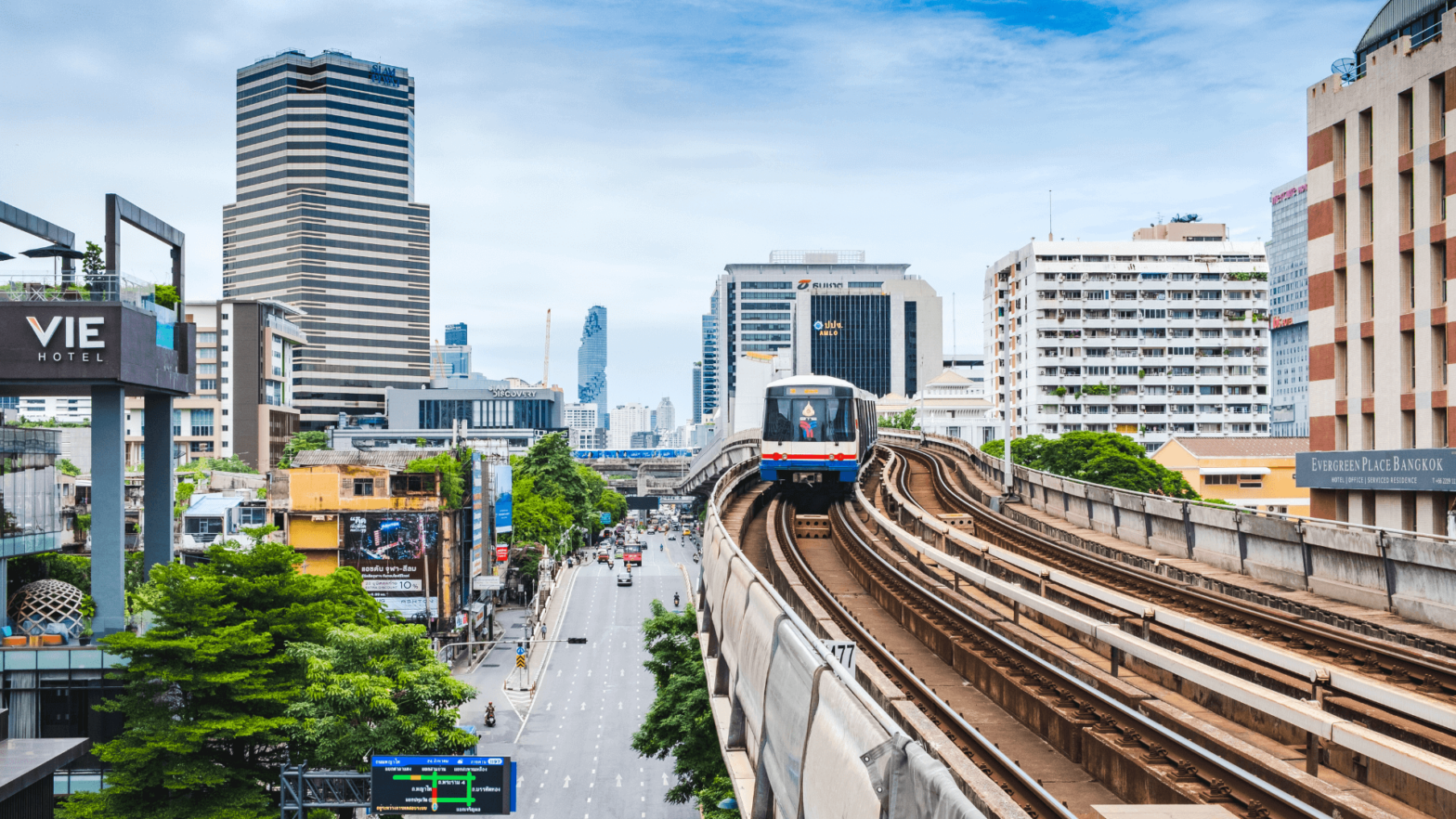Marlot, G., and Brunel, J. “Why Smart Cities Need Smart Road Traffic Mitigation Policies”

The paper “Why Smart Cities Need Smart Road Traffic Mitigation Policies” (Marlot, G., and Brunel, J.) will be presented at the 6th Florence Conference on the Regulation of Infrastructures (16 June 2017).
ABSTRACT
The transport sector is currently facing a wave of innovation in technology and services, with car-sharing, car-pooling, optimization algorithms for cab services, and, very soon, autonomous vehicles powered by batteries or fuel cells. As a result, there is a growing trend of « technological optimism », with more and more people suggesting that congestion, air pollution, CO2 emissions and energy consumption are no longer relevant issues for transport. Some experts even suggest that the « cost of distance » will decrease dramatically thanks to these technologies, so that there will be less and less benefit to live in a city (see for example Harris et al., 2016).
Cities exist because the proximity of people and economic activities creates value. This is why there are more and more big cities and more and more people living in cities: in 1950 30% of the world population lived in cities; today more than 50% of the population live in cities, and in 2050, one can expect that 70% of the world population, will live in cities. This is where the wealth is produced: half of the world GDP comes from the hundred top cities.
Within these ever growing cities, mobility is a challenge: people and goods need to move to, from and within the city. If they are able to do that easily, at low private and social costs, the value creation of proximity is maximized. On the other hand, if they are not able to do that, because of the lack of public transport and the congestion of infrastructures and/or if they move at a high cost for them and for the community (congestion, local and global pollutions, road safety, …), it will raise social issues as well as economic inefficiencies.
Smart cities need smart mobility. But what is smart mobility? Does it mean less mobility? Or a different mobility? Is smart mobility only a matter of technology? The transport sector is undergoing a profound transformation as a result of the digitization of mobility. Nevertheless, and despite the “technological optimism” trend, it is unlikely that these changes will solve today’s and tomorrow’s transport problems.
Some studies (see for example ITF, 2015) suggest that the widespread use of autonomous electric cars will not be enough to ensure a sustainable mobility. Travel behaviors will have to change, too, especially within the metropolitan areas. People will have to give up using their own cars and switch to shared vehicles, public transport and « active » modes such as bike and walk. Digital technologies will allow articulating these services seamlessly, offering the same freedom of travelling as a private car.
Today’s car users will probably not make this change without strong incentives, given that the preference for private car has widely shaped our cities and the transport policies for years. Moreover, providing the adequate incentives in the field of urban transport is not easy.
This aim of this paper is to show the need for regulation in the field of urban mobility, in order to achieve « smart mobility ». The first section emphasizes the costs and benefits of urban mobility. The second section presents the main innovation in the field of mobility. The third section discusses the benefits of the main innovations in the field of urban mobility, as a response to the private and social costs of private cars. The last section studies the different kind of incentives that could be implemented in order to promote « smart mobility »: tolls, tradable driving rights, subsidies to shared and public transport, subsidies to stop driving private cars…
ABOUT THE AUTHORS
Grégoire Marlot, Head of Strategy, SNCF
Julien Brunel, Head of economic studies, SNCF Réseau
Don’t miss any update on this topic
Sign up for free and access the latest publications and insights













